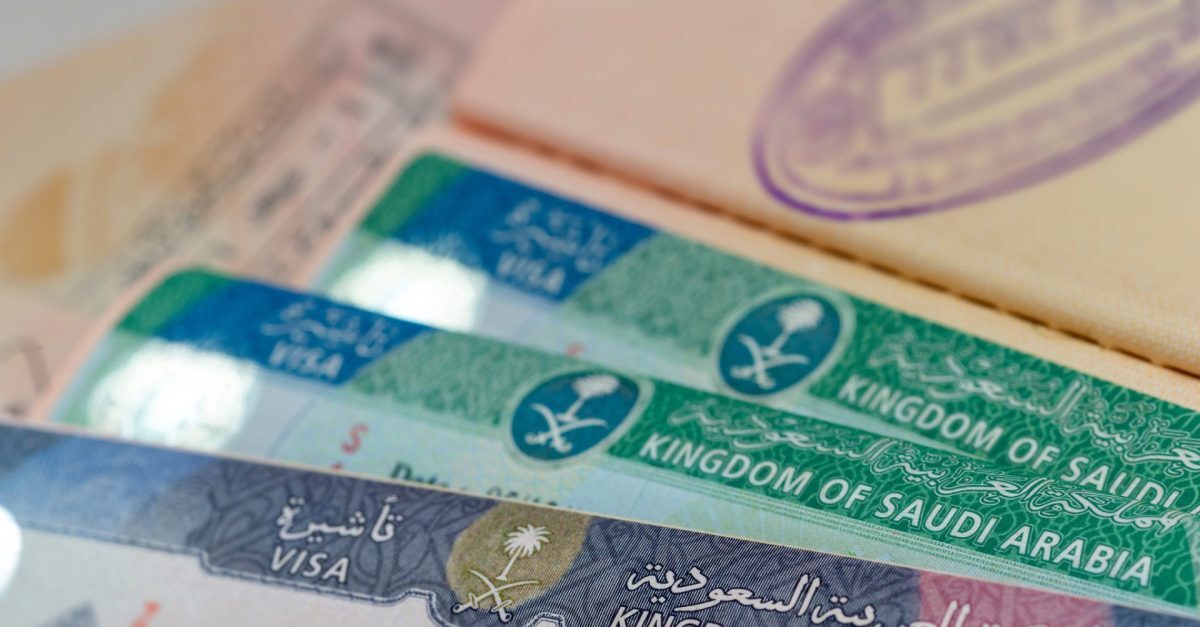Saudi Arabia has initiated a major reform of its work permit system, according to the Saudi Press Agency (SPA), introducing a skill-based visa program set to take effect in August 2025. The move is expected to impact millions of foreign workers and advance the Kingdom’s ambitious Vision 2030 reforms. Abandoning its traditional focus on job titles, the new system classifies expatriate workers according to verified qualifications, professional experience, and wages. The effort aims to align foreign talent with national development goals, advancing economic diversification, and addressing international demands for more equitable labor practices. “The measure aims to enhance worker performance, attract global talent to transfer expertise and experience to the Saudi labor market, improve operational efficiency, benefit from international experience, and build an environment that supports innovation and the development of business models,” the SPA stated. Under the new system, all foreign workers, both new arrivals and those already in the country, will be categorized into three tiers: high-skilled, skilled, and basic. Each level is determined through digital assessment, weighing the worker’s qualifications, professional experience, wage, age, and occupation. The high-skilled tier applies to professionals like engineers, physicians, and IT…
Saudi Arabia Launches Skill-Based Visa, Abandoning Job Titles
August 2, 2025
By Nadine Tag
Journalist





